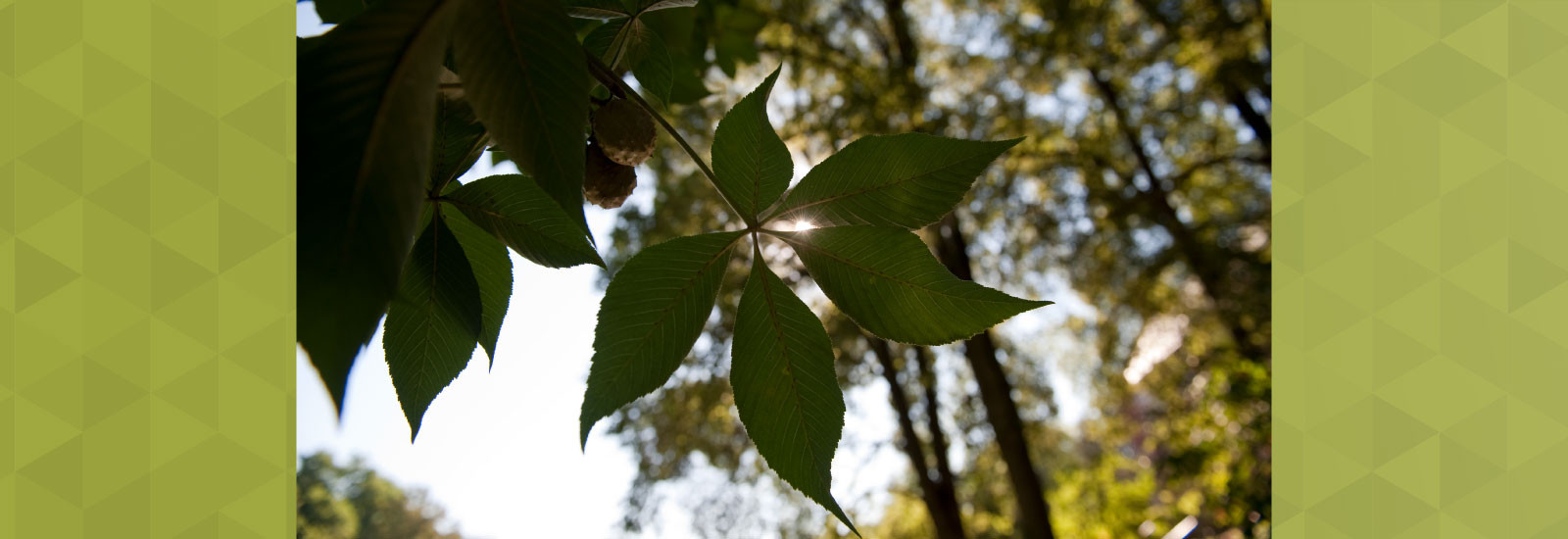The Sustainability Institute is pleased to announce funding awards for three separate research grant programs: the Sustainability Seed Grant, Targeted Investment in Climate, and Sustainability Proposal Development Grant. Through these programs, SI awarded over $200,000 to nine projects developed by faculty members from across the university, with the aim of advancing new solutions through interdisciplinary collaboration.
Sustainability Seed Grant
The Sustainability Institute is pleased to announce the winners of the 2023 Sustainability Research Seed Grant Program. This award is designed to facilitate novel interdisciplinary research in the sustainability field. Sustainability Seed Grants target new interdisciplinary teams with special consideration given to early career researchers. This year, SI selected four projects and awarded more than $116,000 in funding from the Sustainability Research Seed Grant Program.
Remediation of acid mine drainage using pervious concrete
Pervious concrete filters represent a low cost, environmentally friendly, and sustainable solution to correct acid mine drainage (AMD) pollution. In preliminary laboratory testing, pervious concrete removed >99% of several dissolved heavy metals from AMD. This project will test AMD remediation using an in-stream filter to assess scalability of the technology.
Researchers: Lisa Burris (PI), Ryan Winston
Toward net-zero, nature-positive electric power systems with stochastic models of techno-ecological networks
Electric grids must radically transform to attain sustainable Net-Zero, Nature-Positive operations. This proposal aims to develop novel statistical and mathematical models and methods to support this transformation. The goal is to improve both forecasting and integration of renewable generation as well as incorporating ecosystem considerations into power systems operations.
Researchers: Chen Chen (PI), Cathy Xia, Bhavik Bakshi
Development of a biobased packaging film made from food waste and designed with accelerated degradation capabilities in landfills
This project will develop a functional biobased packaging film made from citrus peel and containing anaerobic non-pathogenic Clostridium acetobutylicum spores designed to speed the material’s degradation in landfills. The degradation kinetics will be determined using a simulated submersion landfill model to compare films made with and without the bacterial spores.
Researchers: Melvin Pascall (PI), Xiaoguang Wang, Ahmed Yousef, Thaddeus Ezeji
Investigating the link between disasters, power outages and health: Uncovering impacts on vulnerable populations
This project will examine the relationship between power outages and extreme weather events with health and mortality outcomes in a disaster-prone region of the United States. Insights into the interplay between disasters, power reliability, and social vulnerability can inform climate resilience in the U.S. gulf coast and beyond.
Researchers: Smitha Rao (PI), Anaís Deliah Roque
Targeted Investment in Climate
Climate Risk and Resilience Laboratory
The Climate Risk and Resilience Laboratory will help companies and communities make progress toward climate change goals, reporting frameworks, and planning for the transition to a low-carbon future.
The lab will generate models, tools and analytics for assessing the impact of weather and climate on business operations (e.g., employees, facilities, physical assets, and supply chains), people, and communities. This information can inform decision-making around climate risk and strengthen their resiliency to impacts through targeted adaptation and mitigation activities. It can also better position companies and communities to pursue public funding opportunities.
In addition, the laboratory will contribute to workforce development by helping to meet the growing demand for atmospheric scientists, hydrologists, economists, data scientists and other specialists who can help organizations make the transition to a more resilient future. It will foster a community of practice among Ohio State researchers working on climate risk-related research, teaching and outreach.
Researcher: Steven Quiring
Sustainability Proposal Development Grants
More than $97,000 in Proposal Development Grants were awarded to four principal investigators to support interdisciplinary teams in the development of external funding proposals.
- Karen Dannemiller: Novel systems to improve indoor environmental quality
- John Lenhart: Great Lakes ReNEW: Nutrients, energy and water management for an inclusive, circular blue economy
- Judit Puskas: Transformation of American rubber through domestic innovation for supply security: TARDIS
- Brent Sohngen: Using biophysical, computational and socioeconomic approaches to meet the world’s carbon challenge with managed soils and terrestrial ecosystems
If you have questions about SI’s research funding opportunities contact Courtney Price, Sustainability Institute research program manager.
